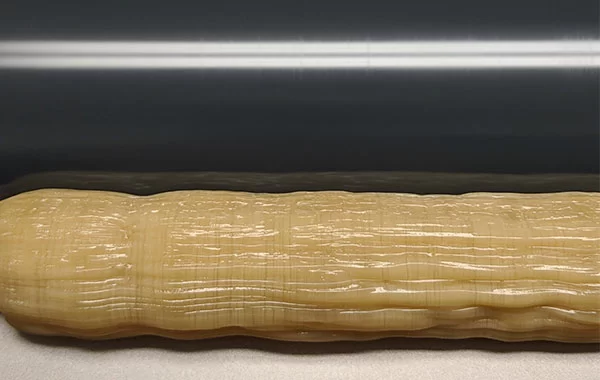Tune-up Your Classic 50 Ointment Mill Copy

Prevent Downtime, Improve Performance EXAKT’s preventative maintenance program extends the life of your mill and reduces downtime. EXAKT ointment mills last a long time, and a little preventative maintenance will add even more years of reliable performance. New – FREE shipping! We take the hassle out of shipping your mill. Schedule your tune-up, and we’ll send you […]
EXAKT Three Roll Mills for Grease and Lubrication

Chemical engineers use EXAKT three roll mills to improve penetration values and reduce noise in grease and lubrication formulations. Precise, compact, and efficient, these mills are among the most user-friendly devices in the industry. Learn more at EXAKTDispersion.com
Cleaning Your EXAKT Mill

For everyday cleaning between formulations, alcohol and a soft cloth or paper towel are the best things to use. Do NOT spray the alcohol on the rollers or pour the alcohol into the gap when the machine is running. Put the alcohol on a paper towel or cloth and hold it against the roller tightly […]